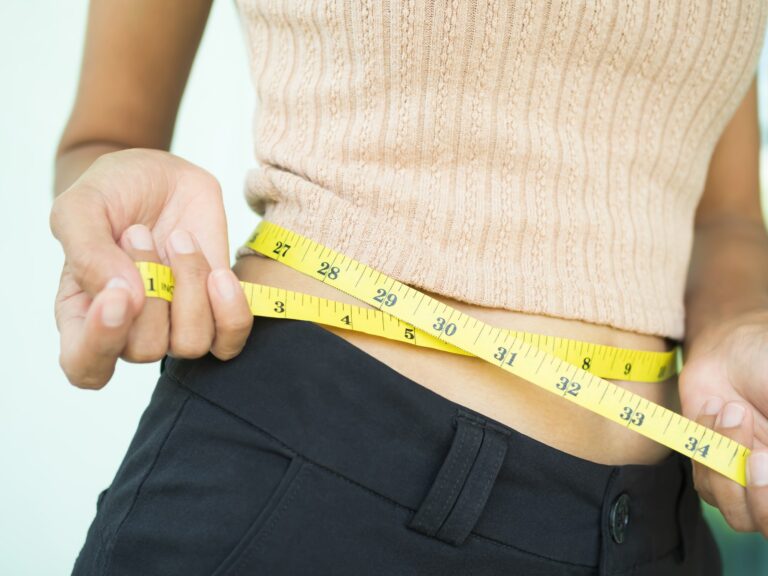Myth: Low testosterone is a normal part of aging.
Testosterone levels decrease to a certain extent with age, so as men get older, there is a normal decline. However, in some men, testosterone drops well below the healthy range. Truly low testosterone is not normal, and it can cause several health problems. Physical symptoms include fatigue, loss of muscle mass, decreased exercise tolerance, decreased interest in sex, difficultly concentrating, erectile dysfunction, and depression.
Myth: Testosterone replacement increases risk of heart disease.
Recent studies show no connection between testosterone therapy and heart risks. One of the biggest reasons some men are hesitant about TRT is a misguided belief that there’s a link between TRT and heart problems. This myth got its start when a few early studies suggested that there could be some kind of connection, but researchers have said that the evidence was not clear. Now, studies have found that there is no increased risk for heart problems for men undergoing TRT. There has been research showing that TRT is associated with a lower risk of heart-related deaths in men.
Myth: Testosterone replacement increases risk of cancer.
There is zero evidence that shows TRT can cause prostate cancer. There is no research that suggests that testosterone therapy is a factor in prostate cancer. However, if you already have prostate cancer, the higher testosterone levels introduced into your body may affect its growth.
Myth: Only older men experience low testosterone.
Low testosterone can affect men of any age. Low testosterone is a medical condition that occurs when a man’s body doesn’t produce enough testosterone. Low testosterone affects an estimated 45% of men over the age of 45, largely because testosterone production starts to slow down sometime around age 30. But there are other causes of low-T that can also be a factor, including high body weight/obesity, certain medications, illness, a past injury to the groin, and alcohol consumption.
Myth: The primary symptom of low testosterone is erectile dysfunction or low libido.
Low testosterone causes a wide variety of symptoms and can impact sex drive and erectile quality. However, there are so many other low-T signs you should be aware of including: lack of energy, mood swings, irritability, anxiety, depression, weight gain, more fat, especially around the gut, less muscle, problems with focus, motivation, and thinking clearly, and sleep issues.
Get the Truth About How TRT Can Benefit You
Reset TRT and Weight Loss uses the latest in TRT science to support you in reaching your goals.
Schedule a free consultation with Reset TRT and Weight Loss today to discuss your options for Testosterone Replacement Therapy. We offer telemedicine appointments throughout Florida for TRT, weight loss, and peptide therapy. Visit ResetTRT.com to schedule an appointment today and let us help you reset!




